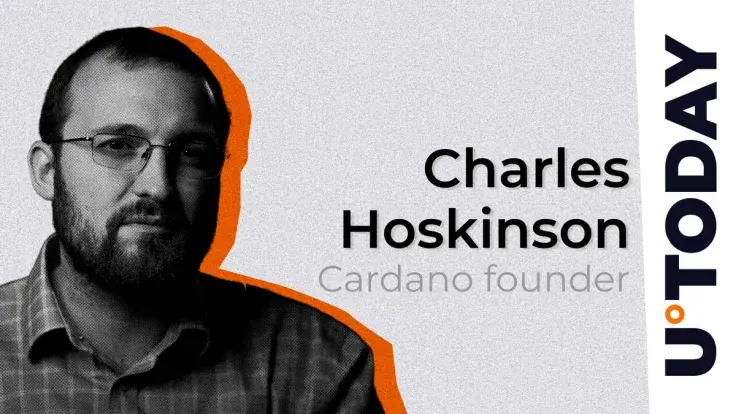
Disclaimer: The opinions expressed by our writers are their own and do not represent the views of U.Today. The financial and market information provided on U.Today is intended for informational purposes only. U.Today is not liable for any financial losses incurred while trading cryptocurrencies. Conduct your own research by contacting financial experts before making any investment decisions. We believe that all content is accurate as of the date of publication, but certain offers mentioned may no longer be available.
Cardano founder Charles Hoskinson took to X to point out a major use case for blockchain-based Decentralized Science (DeSci). His statement on X came as a response to an earlier post by Mushtaq Bilal, an X user recognized for his proficiency in academic writing.
Authors and reviewers at mercy of publishers
Bilal provided a breakdown of major academic publishers’ revenue and highlighted the payments given to authors and reviewers. Top academic publishers like Elsevier earn as much as $3.9 billion in revenue.
Springer Nature earns $2 billion, Wolters Kluwer $1.6 billion and Wiley $1.8 billion. Bilal lists Taylor & Francis, with $800 million, and Sage, with $500 million, as the publishers with the least revenue.
Unfortunately, authors and reviewers receive $0 from this massive revenue recorded by publishers, even though they do most of the work. Hoskinson immediately pointed out that DeSci could solve this discrepancy in payment. He highlighted that the peer review and publishing system is broken.
Notably, the DeSci solution offers authors free publishing services. It is also an open-source, peer-to-peer network where science is shared, validated and curated without paywalls or publication charges.
More importantly, it leverages blockchain technology and addresses challenges linked to a lack of funding, data sharing, publishing and collaboration.
Cardano founder and recent endorsements
Hoskinson publicly acknowledged the service by suggesting this DeSci solution to Bilal.
A few days ago, he publicly expressed support for the Sui blockchain with a post that gained support from his followers. This shoutout came when Sui became the first blockchain to activate a secure alternative to the Border Gateway Protocol.
The layer-1 blockchain integrated SCION for network validators. The Cardano founder’s post recognizes the efforts of the Sui development team in just over a year since it launched.
Ultimately, his actions reflect his open-mindedness toward new blockchain solutions.



 Dan Burgin
Dan Burgin Vladislav Sopov
Vladislav Sopov